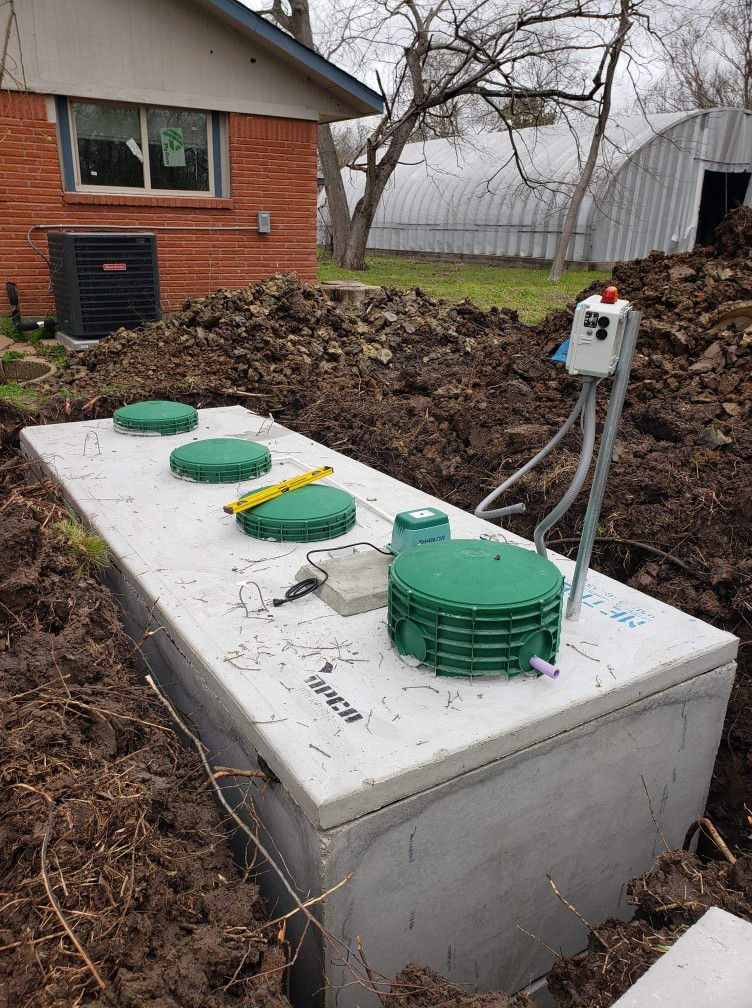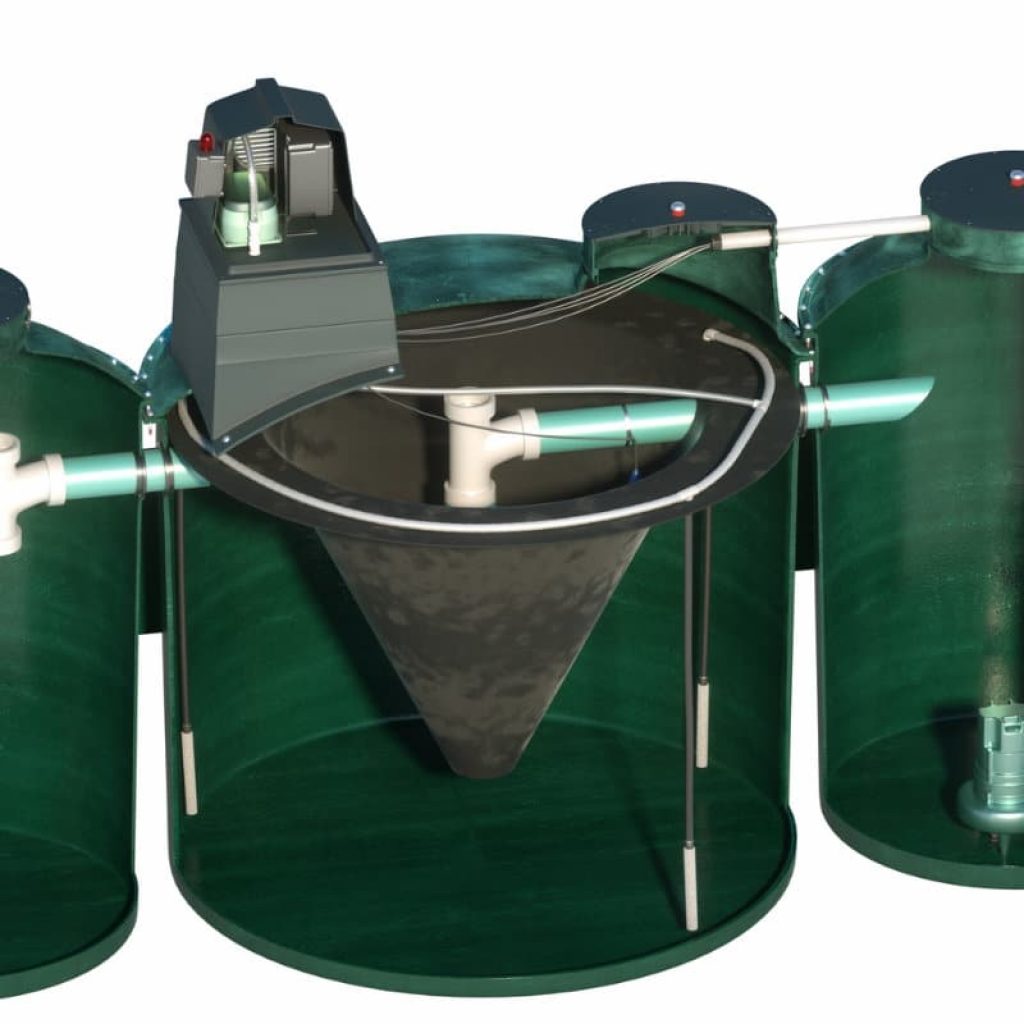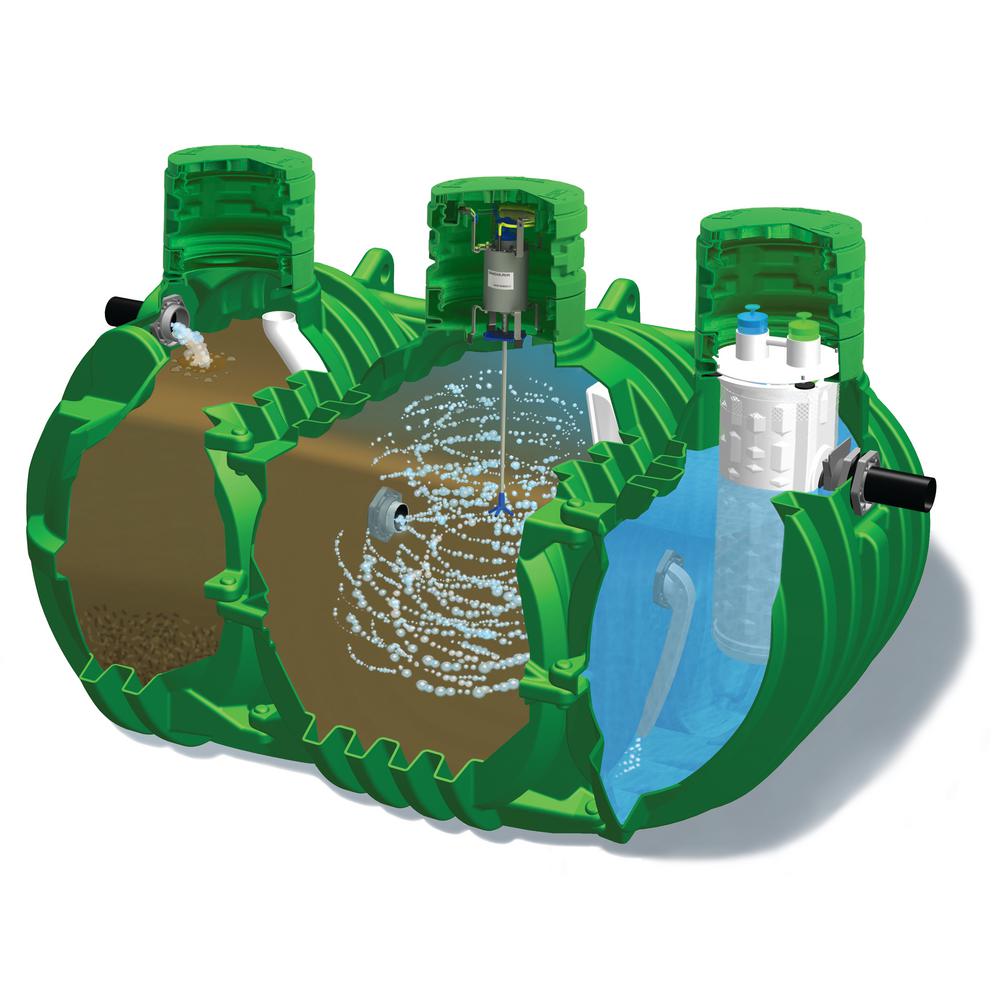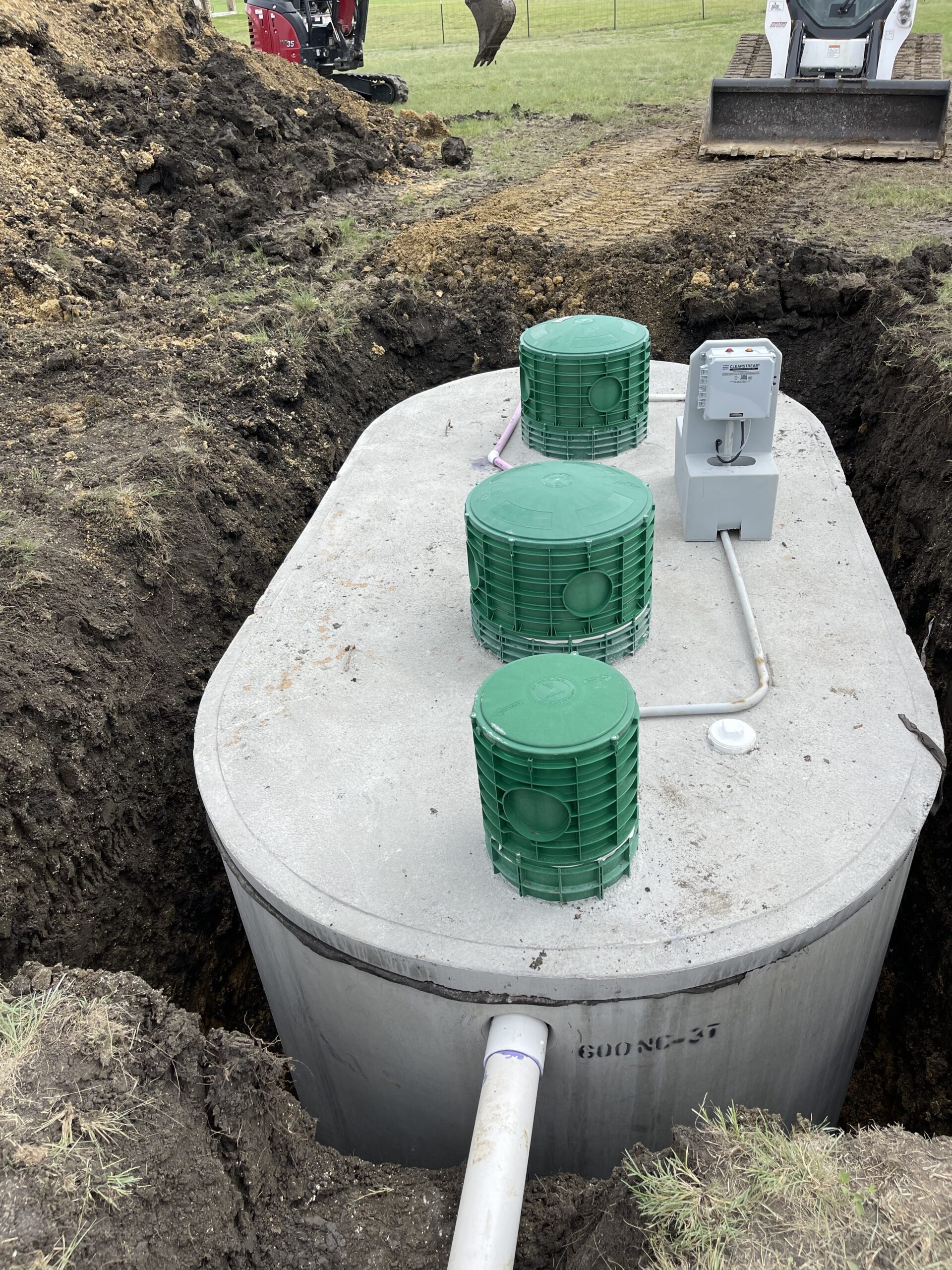Aerobic Septic Systems For Sale – They believe that certain things, like love, loyalty, and friendship, should be above the reach of commerce. While the sale of a business can provide a valuable opportunity for both parties involved, it also carries risks. The world may increasingly operate under the assumption that everything is for sale, but the human spirit, with its capacity for love, creativity, and compassion, refuses to be bought. In a sense, the very nature of human existence can feel like a transaction. The struggle is not in resisting the marketplace entirely, but in finding balance, in ensuring that the things that truly matter cannot be bought, sold, or traded. Whether through their durability, aesthetic appeal, or the values they embody, these products go beyond simple transactions. Negotiation is often the most delicate part of the sale process. This ensures that the product is fully functional and free of defects, providing peace of mind for buyers. The “for sale” sign becomes a marker in time, a decision that has been made, signaling that it’s time to move on. Whether it’s the smooth finish of a well-polished wooden table or the satisfying feel of a perfectly balanced knife in your hand, quality goods evoke a sense of pride in their ownership. Many brokers specialize in certain industries or types of businesses, allowing them to better serve their clients by offering specialized knowledge and advice. In some cases, the sale of an item can mark a pivotal moment in someone’s life. For when everything is for sale, it’s easy to forget that the most important things in life are not commodities; they are experiences, relationships, and moments of connection that cannot be measured in dollars and cents. Once an agreement is reached, the final step is the legal transfer of ownership. These items are often crafted with a sense of purpose, where every stitch, joint, and component is carefully considered to create a product that not only functions well but looks beautiful in the process. Yet, even within this system, there is room for hope. These goods aren’t just products; they are symbols of craftsmanship, heritage, and pride. A well-made product simply performs better. There’s something deeply satisfying about using an item that was crafted with skill and attention. This practice is an essential aspect of sustainability, as it helps conserve resources and reduces the amount of waste sent to landfills.

Wastewater Cox Concrete Products Mount Pleasant, Texas
5/5 (4,087 reviews) Residential & commercialfree estimatessince 1990bonded & insured

Aerobic Septic System/ Sprinklers for Sale in Houston, TX OfferUp
Residential & commercialfree estimatessince 1990bonded & insured 5/5 (4,087 reviews)

Septic System Aerobic Treatment System • Martin Septic Service
Residential & commercialfree estimatessince 1990bonded & insured 5/5 (4,087 reviews)

Three Chamber Chamber Aerobic Septic Tank For Water Treatment Systems
Residential & commercialfree estimatessince 1990bonded & insured 5/5 (4,087 reviews)

Norweco Singulair Green 600 GPD Aerobic Tank Septic Replacement
Residential & commercialfree estimatessince 1990bonded & insured 5/5 (4,087 reviews)

Aerobic Septic Systems Explained JT Septic Co NE Oklahoma, 57 OFF
Residential & commercialfree estimatessince 1990bonded & insured 5/5 (4,087 reviews)

Aerobic Treatment System "Big Blue" Clear Water Supply
5/5 (4,087 reviews) Residential & commercialfree estimatessince 1990bonded & insured

Allegiant Precast Aerobic System NuWater 500
5/5 (4,087 reviews) Residential & commercialfree estimatessince 1990bonded & insured

AeroTech aerobic treatment unit (ATU) Engineering and design
5/5 (4,087 reviews) Residential & commercialfree estimatessince 1990bonded & insured

ABC Excavating Aerobic Treatment Units Indiana, Michigan Meade Septic
Residential & commercialfree estimatessince 1990bonded & insured 5/5 (4,087 reviews)
In this digital age, it often feels like there’s no such thing as privacy anymore, and that’s because we’ve essentially agreed to sell pieces of ourselves in exchange for recognition, affirmation, or even money. One of the major environmental concerns with new products is the waste that they often generate at the end of their life cycle. In some cases, it’s not just objects that are for sale, but entire industries or institutions. For the seller, the goal is often to maximize the value of the business, while for the buyer, the focus is on ensuring that the investment is sound and that the business can continue to thrive under new ownership. Books, records, and collectibles are also highly sought after in the second-hand market. The “for sale” sign becomes a marker in time, a decision that has been made, signaling that it’s time to move on. From the most trivial items in a dollar store to the most precious works of art in a museum, everything can be assigned a price. The role of business brokers and intermediaries has become increasingly important in today’s business-for-sale market. For the buyer, purchasing a home is a dream realized, a step toward security and stability. For fashion-conscious individuals, buying second-hand is a way to express their personal style while also supporting sustainable practices. Another key benefit of second-hand goods is their positive impact on the environment. Their inherent value comes not only from their physical characteristics but also from the values of durability and sustainability. They remind us that, despite living in a world where everything is for sale, there are some things that remain priceless. Quality goods for sale are not just limited to luxury items or high-end brands. Second-hand record stores and online marketplaces like Discogs have become hotspots for vinyl enthusiasts, providing a platform for buying, selling, and trading records. A home, a car, a piece of jewelry, a moment in time, a relationship — all of these things, at some point, become commodities. Buyers can often filter search results by price, condition, and location, making it easier to find the best deals. Both the buyer and the seller are seeking the best possible terms, and finding common ground can be a challenge. Additionally, there is the challenge of integrating the business into their existing operations and ensuring that it continues to thrive under new ownership. Many people find that buying second-hand furniture allows them to acquire high-quality pieces that are built to last, often with a level of craftsmanship that is hard to find in mass-produced furniture.
Thrift stores, estate sales, and online marketplaces are excellent places to find second-hand furniture, with options ranging from antique and vintage pieces to more contemporary items. It involves an in-depth understanding of the business’s financials, operations, and market position. This subjective nature of value is what makes the “for sale” market so dynamic. In fact, there’s been a resurgence of interest in artisanal, locally-made products, especially in industries like fashion, home decor, and food. In a sense, the very nature of human existence can feel like a transaction. In conclusion, second-hand goods for sale represent more than just a financial transaction; they embody a shift toward sustainability, individuality, and social responsibility. Second-hand markets also promote the idea of a circular economy, an economic system that focuses on reducing waste and reusing products. The idea that everything has a price, and that everything is for sale, may seem like a grim outlook, but it’s one that has become increasingly true. These platforms allow buyers to browse listings, access detailed business profiles, and initiate contact with sellers, all from the comfort of their own home. A car might be sold because it no longer serves the needs of its owner, or perhaps the owner is simply ready for a change. Whether it’s an item, a service, or even a person, the act of being “for sale” represents a moment of transition, a shift from one stage of life to another. By purchasing second-hand goods, consumers help keep products circulating in the economy, giving them new life and purpose. The second-hand market is not just about saving money; it’s about embracing a more sustainable, mindful way of consuming that values reuse, repurposing, and the stories behind the items we choose to keep. They remind us that, despite living in a world where everything is for sale, there are some things that remain priceless. It’s about change, opportunity, and the negotiation of value. The idea of buying things that were once owned by someone else is no longer considered taboo or lesser; rather, it has become a lifestyle choice for those who want to make smarter, more ethical purchasing decisions. This can manifest in the context of career, relationships, or personal goals. They are intended to last for a limited amount of time, after which they become outdated, broken, or no longer functional. But in the end, whether it’s an item or an individual, the process of being “for sale” is a negotiation of worth, a moment of exchange. For book lovers, buying second-hand books is an affordable way to build a library, and it can also be an opportunity to find rare or out-of-print titles that are no longer available in stores.